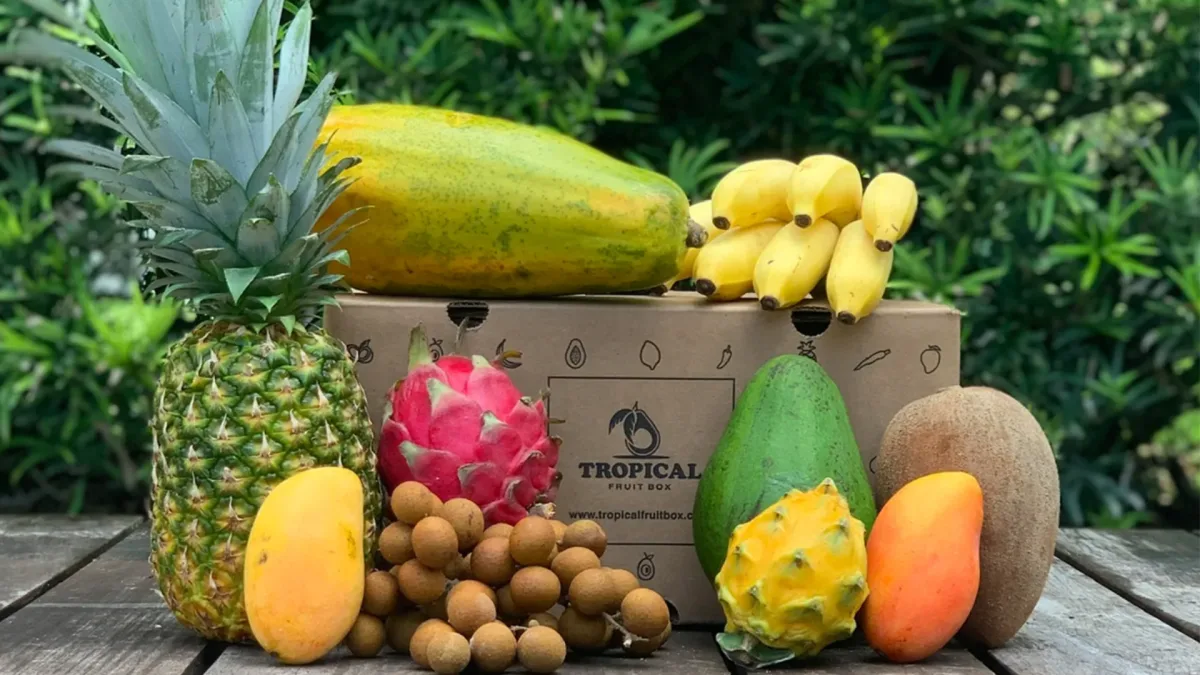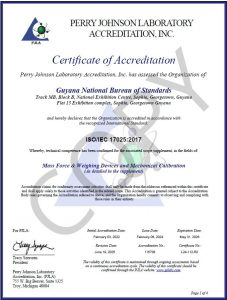Guyana’s favourable climate and abundance of fertile lands are ideal for the production of fresh fruits and vegetables. Our country’s ability to produce and supply these vitamin rich foods puts us in the foremost position to truly be “the breadbasket of the Caribbean”, and the government is aggressively seeking to harness this advantage by investing in the agriculture sector towards local and regional food security.
In fact, the theme for this year’s Agriculture Month is “Accelerating Vision 25 by 2025: Investing in Agri-Business and Food Security,” in keeping with the vision of CARICOM to reduce the regional food import bill by 25% by 2025.
To be able to meet food production demands and at the level of quality to retain local and international buyers, the Guyana National Bureau of Standards (GNBS) encourages farmers, retailers and exporters to utilize National Standards in the production, grading and packing of fresh fruits and vegetables for sale. Many of these standards were adopted from the CARICOM Regional Organisation for Standards and Quality (CROSQ), hence conformance can also aid in the access of local produce to regional markets.
Among the over forty (40) agriculture-related standards available at the GNBS is the GCP 21 – Code of Practice for fresh fruits and vegetables. This standard specifies general hygienic practices for the primary production and packing of fresh fruits and vegetables in order to produce a safe and wholesome product, particularly for those intended to be consumed raw. Specifically, this Code is applicable to fresh fruits and vegetables grown in the field or in protected facilities such as hydroponic systems and greenhouses.
The GCP 21 can help stakeholders to pinpoint microbial hazards and address physical and chemical hazards relating to Good Agricultural Practices (GAPs) and Good Manufacturing Practices (GMPs).
Meanwhile, the GCP 25 – Code of Practice for packaging and transport of tropical fresh fruits and vegetables, is also available for farmers and distributors. This National Standard recommends proper packaging and transport practices of fresh fruits and vegetables in order to maintain product quality during transportation after packaging and marketing.
Apart from the two aforementioned standards, there are approximately twenty (20) grading standards for fruits and vegetables including pineapples, bananas, mangoes, passion fruits, boulanger, rice, tomatoes, oranges, sweet potatoes, avocado and sweet peppers.
Grading of agriculture produce is important to clearly communicate specifications, help to determine pricing and ensure quality produce is delivered to customers. As such, the available grading standards contain requirements and specifications to help producers, regulators, and consumers identify or categorize their produce and separate them based on size, colour, freshness and other characteristics.
To view the full list of the agriculture standards, visit the Standards Portal at www/gnbsguy.com.
For further information or to acquire copies of the available standards, contact the GNBS on telephone numbers: 219-0064/65//66, hotline 219-0069 or WhatsApp us on 692-4627.

27
Oct





